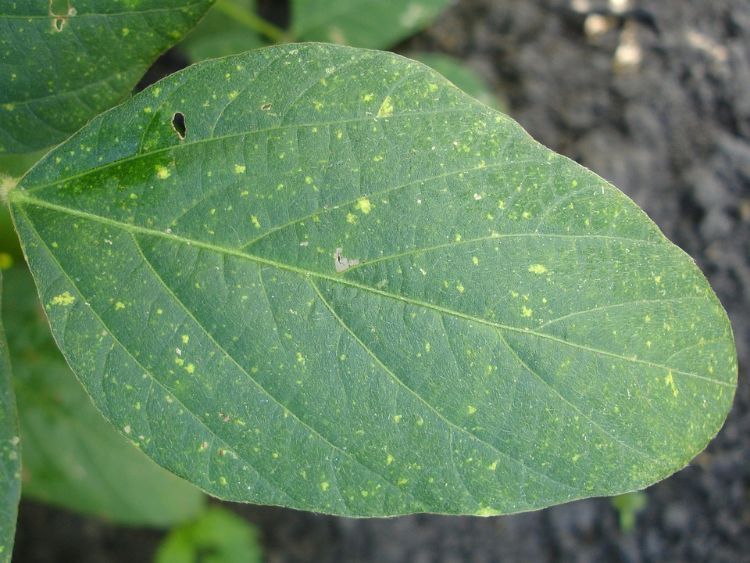Hydrogen peroxide ranks up there with baking soda and vinegar as one of the best multipurpose products to have stocked in your cupboard. Typically used to sanitize injuries, hydrogen peroxide can also be used somewhere quite unexpected: the garden.
While not strictly an organic solution, hydrogen peroxide is safe for use in any type of garden (including vegetables), plus it's easy on the budget.
Advertisement
1. Peroxide helps heal sick plants
In particular, a peroxide is a great option for treating root rot. If your soil is too compact, root rot can develop. Mix 3 percent hydrogen peroxide with water (1 part peroxide to 2 parts water), and pour it over the infected roots of your plant.

Shutterstock
2. Peroxide can prevent infections on cut plants and trees
Treat infections on plant leaves or roots with a spray of water and hydrogen peroxide to disinfect the area and prevent the disease from spreading. You'll want to douse the area with a lot of the water-peroxide solution for the best results.

Shutterstock
3. Peroxide helps seeds grow faster
You can speed up the growth of seeds by soaking them in a weak solution of water and hydrogen peroxide for a few minutes before rinsing and planting.

Shutterstock
4. Peroxide keeps bugs away
Skip expensive chemicals at the store and spritz your plants with 1 percent hydrogen peroxide to keep bugs at bay.

Shutterstock
5. Peroxide works as a rooting agent
The key to a strong, healthy plant is a good base: the roots. Give your roots a boost by dosing them with a little bit of hydrogen peroxide. This can also help revive limp leaves. Spray a peroxide-water solution into the soil around the plant.

Shutterstock
6. Peroxide helps aerate the soil
Plants of all kinds need three basic things to survive: food, water and air. If your soil is too compact, the roots can't get enough circulation to properly grow. Plus, soil that's too dense is a breeding ground for disease. Apply a mixture of 2 parts water to 1 part hydrogen peroxide to the roots of your plant to help aerate the soil around it.

Shutterstock
7. Use peroxide to disinfect garden tools
Stop the spread of disease in your plants and garden by sanitizing your tools. This is especially true after finding and treating a fungus. Just soak your tools in 1 gallon of water and 2 cups of hydrogen peroxide.

Shutterstock
8. Treat your water with hydrogen peroxide
Make the water you feed your plants a little healthier by adding a bit of hydrogen peroxide to your watering can before applying to your plants and lawn. The oxidation of hydrogen peroxide removes chemicals and pesticides found in tap water, according to Backyard Boss, making it healthier for your plants.

Shutterstock
9. Mix mold and mildew with peroxide
Moisture, dirt and heat can combine to create some nasty mold and mildew situations. Get rid of mold and mildew by mixing 10 tablespoons of hydrogen peroxide in a liter of water and spraying daily until the mold/fungus goes away for good.

Shutterstock
Note: While hydrogen peroxide is a safe, effective tool for personal and garden use, it's still a chemical. Do not boil hydrogen peroxide, or it could explode.
Advertisement
If you have friends who love to garden, share these uses for hydrogen peroxide with them on Facebook!

